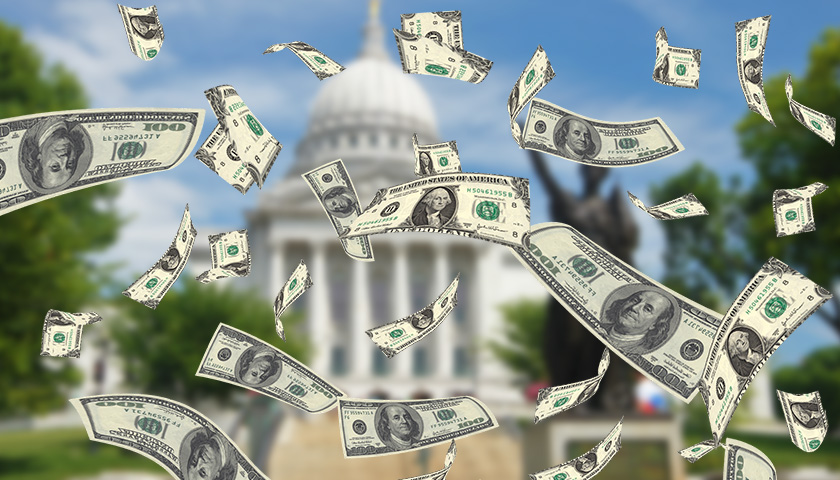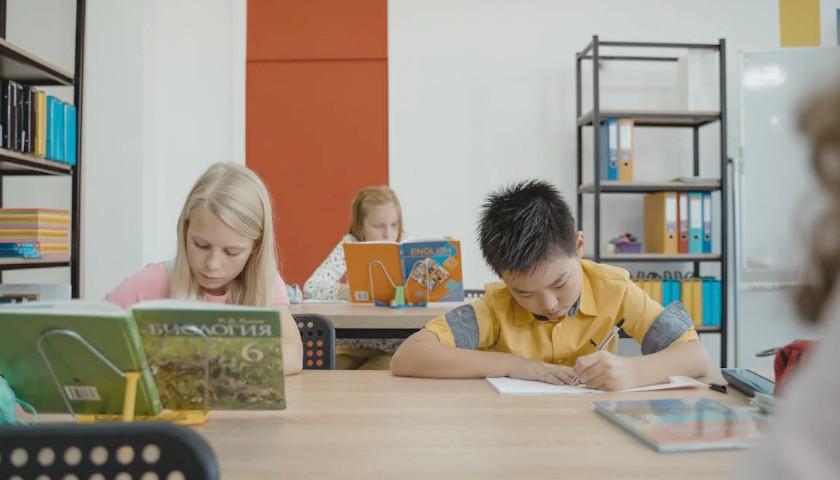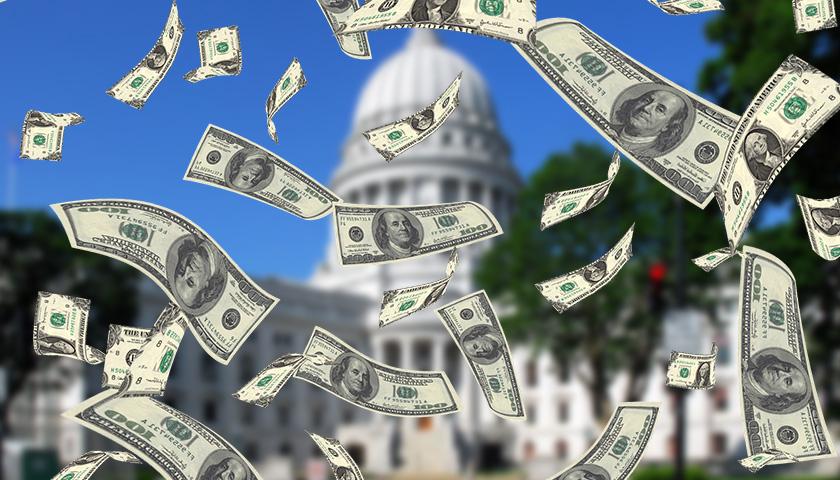by Benjamin Yount
Wisconsin’s record budget surplus is growing once again.
The Legislative Fiscal Bureau on Wednesday said the surplus will now hit $7.1 billion by July.
That’s a half-billion dollars more than expected. Almost 90% of that increase comes from money that was set aside during the past two years, but wasn’t spent.
“First, the GPR appropriation for the medical assistance program is projected to end the 2021-23 [budget] with a surplus of $774.8 million…This surplus, accumulated over both years of the [budget], is primarily attributable to the higher federal matching rate for MA benefits,” the Fiscal Bureau wrote in its report. “Second, in the 2021-23 budget act, $202.4 million was set aside in the supplemental appropriation of the Joint Committee on Finance to fund the exemption of the personal property tax if legislation were to be enacted in the 2021-22 legislative session to eliminate the tax beginning with the January, 2022, assessments. Because that did not occur, the $202.4 million will lapse to the general fund on June 30, 2023.”
The updated surplus price tag comes as Wisconsin lawmakers continue to talk about what to do with the budget surplus.
Republican lawmakers on Wednesday once again took credit for Wisconsin’s record surplus, and vowed not to spend it unwisely.
“We will continue to fund our core priorities and obligations while protecting Wisconsin’s checkbook,” Sen. Howard Marklein, R-Spring Green, said.
“The updated projections underscore the importance of responsible Republican budgeting,” Rep. Mark Born, R-Beaver Dam, added. “Our state continues to be in a strong financial position because of conservative fiscal management, despite these projections showing signs of economic uncertainty ahead. It is more important than ever to make sure we continue smart budgeting to ensure we can fund our priorities now and in the future.”
Marklein and Born head the budget-writing Joint Finance Committee.
Marklein and Born are not saying how they plan to spend or use the surplus, but Republicans are eying a switch to a flat income tax in the state.
CJ Szafir with the Institute for Reforming Government said changing the tax code, to allow people to keep more of their own money, would be a good thing.
“The state continues taking in way more than it needs from taxpayers. It’s time to reset how the state taxes and spends, and that starts with transformational income tax reform such as a flat tax or income tax elimination to make sure taxpayers aren’t overtaxed going forward,” Szafir said in a statement. “Families and small businesses would love to have that $7.1 billion back in their pockets.”
Gov. Evers on Tuesday laid out a plan to spend $3.3 billion from the surplus over the next two years. He wants to spend $1.3 billion on new state programs, and $2 billion on public schools in the state.
– – –
Benjamin Yount is a contributor to The Center Square.
Photo “Wisconsin Statehouse” by F McGady. CC BY-SA 4.0.





